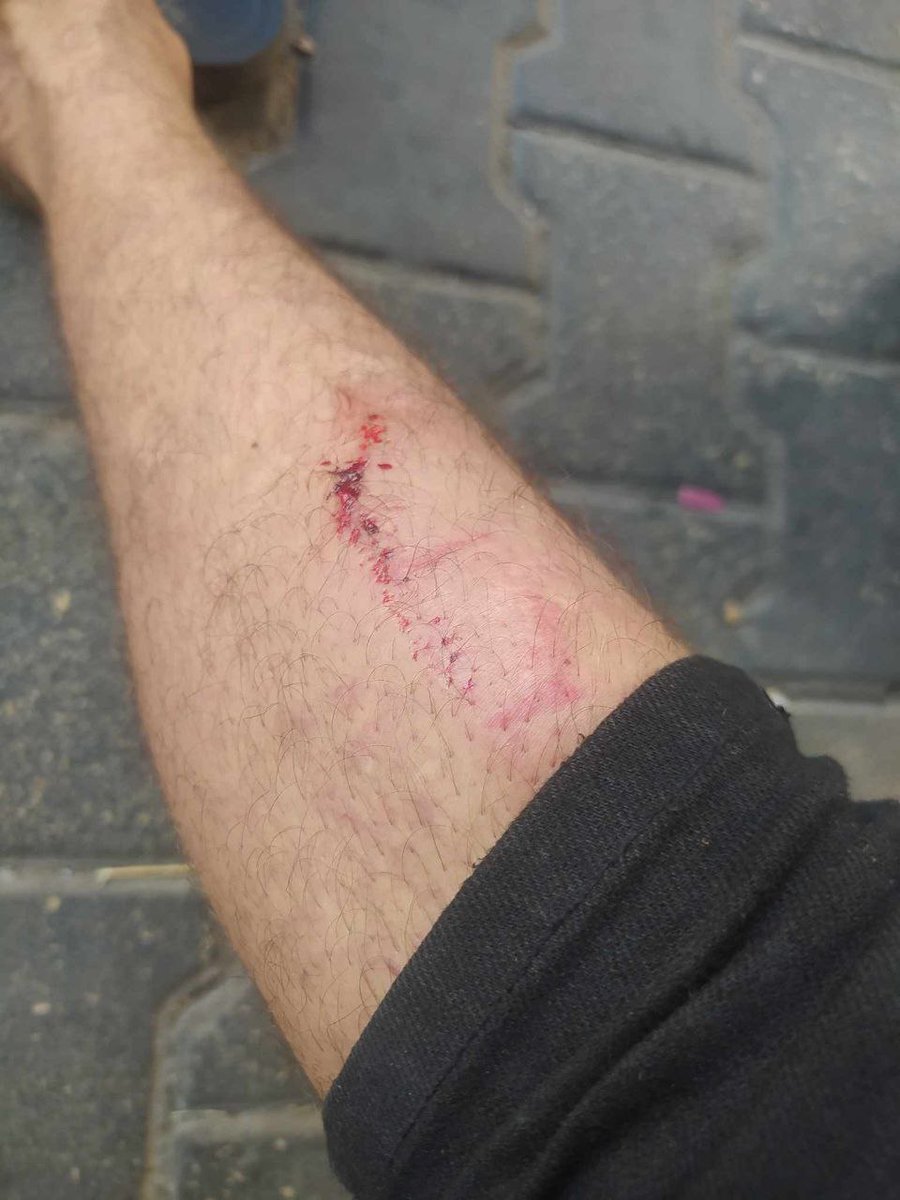Declassified protocols indicate Golda Meir considered Palestinian statehood
Former prime minister Golda Meir considered the possibility of the formation of a Palestinian state alongside Israel three years after the Six Day War, protocols published by Haaretz on Monday show, shedding new light on the premier who famously said, “There’s no such thing as Palestinians.”The Illegal Palestinian Settlements You've Never Heard Of
Last month, the Israel State Archives declassified top secret transcriptions of a meeting Meir held in October 1970 with senior ministers, including defense minister Moshe Dayan and education minister Yigal Allon, in which the possibility of a Palestinian state was discussed.
“It will be necessary to leave the Arabs of Judea and Samaria an option to earn self-determination at a later stage, if and when it suits us,” Meir said at the start of the meeting. “In other words, there will be another country [alongside Israel].”
Meir did say she viewed such a possibility as drastic. She also noted that she did not care what the name of the country would be.
The protocol shows that Meir considered potential political arrangements for a Palestinian state: as a state that is member to a confederation with Israel, Jordan, or both, or as a completely independent country. However, the prime minister seemed troubled by these scenarios, saying that such arrangements would be created in order to destroy Israel.
Interestingly, the meeting took place just weeks following “Black September,” the month-long conflict between the Palestinian Liberation Organization and the Jordanian kingdom that saw the PLO banished to Lebanon and brought to one of its historical low points. Nevertheless, Meir said that “if [PLO chief Yasser Arafat] becomes prime minister of Jordan, we will negotiate with him. Arafat as the head of a terrorist organization — no. But if he becomes head of a government that he’ll represent as a Palestinian, then fine.”
Meir, who throughout her career refused to recognize the Palestinians’ right to self-determination, also said at the meeting that she had become “open-minded on the issue, even though [my mind] closed right after the Six Day War, but I’m ready to reopen my mind and listen if there’s a hint of a hint of a hint of hope of there being a small state in Judea and Samaria, and maybe Gaza.”
This is Part 1 of a 10-part series exposing the underreported joint European and Palestinian program to bypass international law and establish a de facto Palestinian state on Israeli land.
For decades, members of the media, activist groups, academics, international organizations, NGOs and countless politicians have insisted that Jewish settlements in the West Bank are the primary obstacle to peace between Israelis and Palestinians.
These settlements allegedly represent an illegal and inhumane “occupation,” and until they are dismantled and the territory handed over to a Palestinian state, there will be no resolution to the conflict.
Beyond these power broker narratives exists another dimension to the story that is deliberately neglected worldwide.
It is a far more labyrinthine and sinister tale — one of stunning hypocrisy, moral bankruptcy, quasi-legal bureaucracy and colossal abuse of international law that exposes the ideological motivations and bad-faith actors at the core of an Israeli-European alliance supposedly based on “shared democratic values.”
It begins with a little-known 2009 document and ends with the illicit Palestinian takeover of hundreds of thousands of dunams of internationally recognized Israeli land, with direct subsidization and encouragement from the European Union.
In 1993, in Oslo, Norway, Israeli Prime Minister Yitzhak Rabin and Palestinian terrorist-cum-statesman Yasser Arafat signed the first and only agreement achieved between the Israelis and Palestinians.
Brokered by the U.S. under President Bill Clinton and witnessed by the EU, a critical component of the treaty called Oslo II, also known as the Taba Agreement or the 1995 Interim Agreement, separated the West Bank into three jurisdictions and outlined the specific responsibilities and obligations of its administrators.
Area A would be exclusively controlled, both for civil and security matters, by the Palestinian Authority. Area B would be administered in all civil matters by the PA while the Israeli government would maintain peripheral security jurisdiction, and Area C would be solely administered by Israel.
In other words, Israel’s complete jurisdiction over Area C, which legally includes building permits, zoning, construction, law enforcement and planning, has been recognized by the Palestinian leadership and the world at large for almost three decades.
As stipulated in the agreement, only when direct negotiations determine the permanent fate of the territories occupied by Jordan until 1967 can the Oslo Accords be replaced. Until then, it is the law.
Unlike United Nations General Assembly resolutions, which are non-binding, the Oslo Accords are legally obligatory. Yet on Aug. 23, 2009, 14 years after the signing of Oslo, Salim Fayyad, then the prime minister of the PA, published a blueprint titled, “Palestine: Ending the Occupation, Establishing the State,” in which the Oslo framework was officially abandoned and direct negotiations rejected. Instead, Fayyad explicitly called for the creation of a de-facto Palestinian state in Area C.













































